Some say counting Calories isn't necessary. Others say you have to count Calories to lose weight. I can assure you, counting Calories isn't mandatory for fat loss because you can lose fat without it and I'm going to teach you how. The irony is, you still have to understand what Calories are and how they work in regards to fat loss in order to lose weight without tracking them. I will keep the science part as simple and brief as possible.
What Are Calories and How do They Relate to Fat Loss?
A Calorie is simply the unit that measures how much energy a certain food item provides to our bodies. As you already know, we get Calories from the food and drinks we consume. We have to consume food to provide the energy needed to perform daily activities. If we do not consume enough Calories through food, the body will burn Calories it stored from previous meals (body fat).
You might be thinking, "That makes sense. That means all I need to do is consume fewer Calories, right?" If you are, you're correct.
Why "Clean Eating" Meal Plans Work
If I were to write you out a typical clean eating/bro meal plan that limited you to three meals and only fruits, veggies, and lean meats and had you drink a gallon of water per day, I could almost guarantee you'd lose weight. This is because It would be so difficult to consume too many Calories while sticking with those restrictions.
You can lose fat while eating junk. The problem is junk foods are not filling and if you aren't tracking, you will easily eat too many Calories without even getting full.
How to Lose Fat Without Tracking
Eat More Protein.
There are actually two major benefits to consuming lots of protein.
Protein has a satiating effect. You will get full faster, which means you will eat less.
Protein will help prevent you from losing muscle during a diet (or gain muscle if you are resistance training). This will prevent your metabolism from dropping as your fat loss continues.
Aim for 0.8-1g of protein per 1 pound of lean body mass. You can go with 0.8-1g of protein/lb of body weight if you are also wanting to gain muscle.
Eat More Fiber.
Fiber has a satiating effect that's even stronger than protein. Aim to get most of your carbs from fruits and vegetables to maximize this effect. Aim to eat 30-50g of fiber/day.
Drink More Water.
Drink enough water that you have approximately five clear urinations a day. Drinking more water with, and in between, your meals will help to stretch the stomach, which slows the production of a hormone named Ghrelin, which in turn tells your brain that you are full. As an added benefit, this also slightly boosts metabolism as your body has to spend energy in order to raise the temperature of the water until it is the same as the rest of your body.
Get More Sleep.
Aim to get 7-9 hours of sleep each night. Studies have shown that inadequate sleep causes both a drop in metabolic rate and an increase in cravings. In other words, if you aren't getting enough sleep you'll be eating more Calories and burning fewer Calories.
Takeaway
You can lose fat without counting Calories as long as you at least understand the process by which losing fat occurs and have the right tools in your toolkit.
Thank you so much for reading! If you found this information helpful and think others will benefit from it as well, please give this article a share on Facebook. It helps us out more than you know. If you like what I have to say, sign up below to become a Treadaway Training insider and never miss a post or video. I will be back next week with another fat loss topic. As always, God bless you AND your family and I'll see you next week.
Resources:
[1] St-Onge, M. P., Roberts, A. L., Chen, J., ... Jones, J.H. (2011) Short sleep duration increases energy intakes but does not change energy expenditure in normal-weight individuals. American Society for Nutrition, 94(2), 410-416, doi: 10.3945/jcn.111.013904
[2] Markwald, R. R., Melanson, E. L., Smith, M. R., ... Wright, K. P. (2012) Impact of insufficient sleep on total daily energy expenditure, food intake, and weight gain. Proceedings of the National Academy of Sciences of the United States of America, 110(14), 5695-5700, doi: 10.1073/pnas.1216951110



